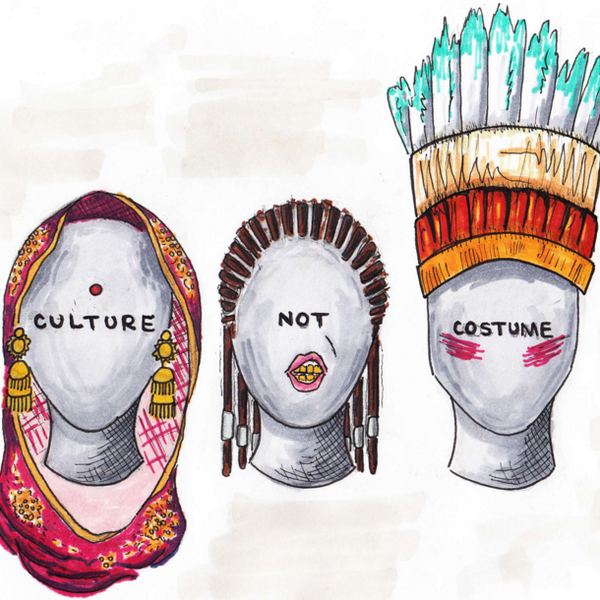I had not understood why people looked at the hair of black women to be something so foreign…the way people's eyes would widen when you came to school with a fresh pair of braids, or the way their hands would reach out and pet you, irritating your sore scalp.
Today I'm going to try and explain my favorite part of black culture. Hair. Since the subject of hair is so complex in the black community I am going to narrow it down to the hair of black women.
It isn't hard to notice that usually, African American hair is a completely different texture than other ethnic groups. Our texture of hair makes it not only very frustrating to manage but also very difficult, which is why there are so many varieties of hairstyles. We choose our hairstyles based on how much we are able to manage it and it's basically different for everyone. You may see the following of these usual hairstyles:
*Box Braids
*Faux locs
*Cornrows
*relaxed or permed hair (which turns our hair straight.)
*natural curls
Many will judge black women solely based on their choice of style. For example, a black woman does not "love" her blackness if she has a weave, yet she looks unprofessional with her natural curls. If she wears her hair in locs it appears like she smells of "marijuana and patchouli".
Even if Black women wanted to embrace their culture without getting criticized, there are always people who turn our protective styles into new "urban" fashion trends.
Braids such as Box braids and cornrows go all the way back to Africa. Braids were a way to differentiate tribes from each other and I guess that part of culture shifted to become more of a cute and easier way to manage our hair through time. Box braids have recently adopted a new name "Boxer braids" (thank you to whitewashed media). There have been many white women who have put their hair into these hair styles. For example Katy perry, and Kylie Jenner. The reason why this is made such huge deal is because when black women wear the hairstyles that have historically been a part of their culture it is found by white America to be "unprofessional" or "ratchet". Yet, when white women decide to wear these styles for fashion purposes they are seen "hip trendsetters." and "unique."
Recently, I saw a youtube video that showed how you can get your "white hair" to become curly and kinky, by again using another black hair management method called Bantu knots. Why would a culture be so disgusted and turned off by our natural kinks and curls and then turn around and try to mimic our texture and style? These examples are forms of cultural appropriation...when a culture mimics another cultures styles and traditions for fashion, folly, and style, but turns their noses up at the style when it is fashioned by the culture that created them.
The process of getting your hair braided, permed, knotted or loced can be a long and painful one for many black women. I guess the same would be true for those white women who are trying to mimic these styles. We take great pride in our hair and the styles that we painstakingly maintain. So, please refrain from picking at it, rubbing it or touching our hair, because not only are our scalps sore from braiding, processing, and hours of tugging but quite frankly it's also rude and annoying. We are not animals in a petting zoo that you can pet.





















